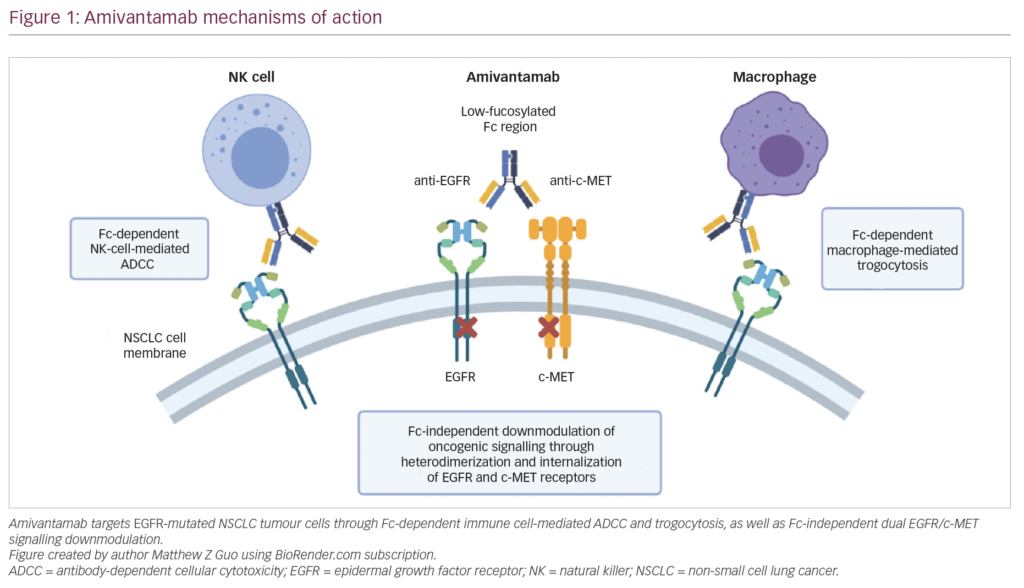Welcome to Issue 1 of US Oncological Disease 2007. With so many advances being made in the treatment of all types of cancers and developments in drugs and technologies, we are living and working in a most exciting time for our patients and our profession. There are many exciting articles and advances within this issue and I hope you will share my enthusiasm for the information in the following pages.
Welcome to Issue 1 of US Oncological Disease 2007. With so many advances being made in the treatment of all types of cancers and developments in drugs and technologies, we are living and working in a most exciting time for our patients and our profession. There are many exciting articles and advances within this issue and I hope you will share my enthusiasm for the information in the following pages.
Advances in technologies and new treatment regimens are leading to longer survival times and more survivors. This is good news for our profession, but comes with another set of issues—those of survivorship.
The challenge and obligation for healthcare providers in the coming months and years will be to assist our patients, their family members, and their primary-care physicians to manage the issues of survivorship. These issues can range from short-term to longterm side effects, secondary cancers, issues of sexuality, fertility, insurance coverage, workplace discrimination or job termination, and fear of recurrence.
In 2005, the Institute of Medicine issued a now famous report entitled From Cancer Patient to Cancer Survivor: Lost in Translation detailing many of the issues confronting cancer survivors in today’s world. They made 10 recommendations for improving the services and needs of this ever-growing ‘success story’—over 10 million survivors in the US alone.
One of our primary charges will be to provide survivorship care plans for patients at the completion of treatment. These will need to be comprehensive in nature, providing a wide range of information for patients, their family members, and their physicians. Some elements to be included would be information on all treatment received and all testing that was carried out for diagnostic purposes; staging and any genetic testing that was performed; toxicities or side effects experienced during treatments; support services provided (psychosocial, nutritional); full contact information on treating institutions; and key point-of-contact information.
Another element of a survivorship care plan is the provision of a written follow-up care plan to the patient. This is a patient’s roadmap for the future; it will be a guide for patients to follow and for primary care physicians to use to provide evidence-based follow-up care for their patients. We as healthcare providers and specialists in the field of oncology will again need to be leaders in developing these care plans, as well as developing recommendations that will assist our survivors in improved quality of life.
Beyond these two major undertakings, we must also be tireless advocates for our ‘survivors’ in forming public policy, working with insurance companies, employers, and the public to educate them about the unique needs and issues of cancer survivors, and also to advocate for funding of survivorship research.
We have accomplished so much in the fight against cancer, as evidenced by the millions of survivors worldwide. As we continue to look to new technologies and therapies, let us also remember those survivors and continue to work to serve their needs as well. ■
My Learning
Login
Sign Up FREE
Register Register
Login
Trending Topic

12 mins
Trending Topic
Developed by Touch
Mark CompleteCompleted
BookmarkBookmarked
Allan A Lima Pereira, Gabriel Lenz, Tiago Biachi de Castria
NEW
Despite being considered a rare type of malignancy, constituting only 3% of all gastrointestinal cancers, the incidence of biliary tract cancers (BTCs) has been increasing worldwide in recent years, with about 20,000 new cases annually only in the USA.1–3 These cancers arise from the biliary epithelium of the small ducts in the periphery of the liver […]
touchREVIEWS in Oncology & Haematology. 2025;21(1):Online ahead of journal publication














